Hints for Your Kids’ Healthy Heart
Take charge of your child’s heart health by developing habits now that will reap benefits later in life.
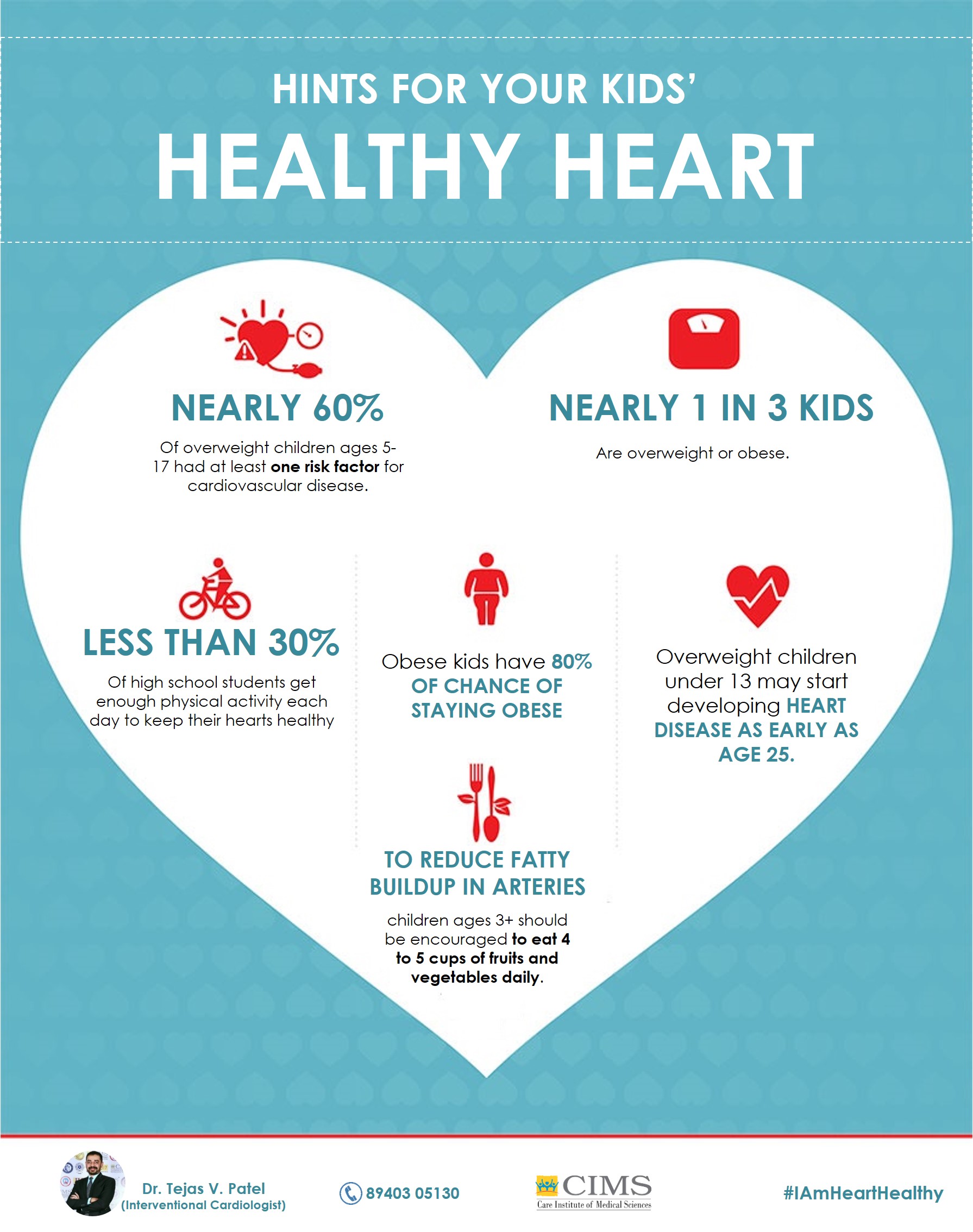

Let’s accept it, we face multiple moments everyday that are anxiety inducing such as stressful situation at work, being crowded while daily commute, etc.
These everyday moments raise your heart rates causing anxiety. For times like these we came across a GIF trending on internet these days.
Whenever you feel your heart rate is increasing, inhale and exhale along with the expanding and contracting shapes. This will help you manage your breathing. You can save it on your phone for the times you need it.
Infection of any surgical wound is definitely a serious thing to take care of, after a heart surgery in particular. Such an infection after a heart surgery, could be a life threatening.Study says that Surgical Site Infections (SSIs) were the most common healthcare associated infection accounting for 31%.
There are things that doctor will help you to decrease the risk post heart operations. But there are also certain steps, that you can take to help yourself especially if you are overweight or have diabetes.
An hour prior to your surgery, doctor will give you a preventive antibiotic. In fact, you will receive antibiotics even after the surgery (within one hour). And for this reason, you are less likely to get a wound infection.
In addition, you will also get another injection about 24 hours after your surgery.
While preparing for a surgery, your medical team will remove the hair from your body where the surgeon will make a skin incision. Timing is much important here. The hair should be removed right before the surgery takes place. If they remove hair too far in advance, you can develop infections in the small cuts.
As per experts, clippers are generally better and safer than razors.
IF you are overweight, you are at a greater risk of developing an infection. So it is highly recommended to loose some weight if time allows before surgery. Take this time to eat healthier and focusing on weight loose exercise.
If you are a diabetic person, you might want to get your blood sugar under control as much as possible. The better controlled blood sugars are before surgery, lesser the chance of developing a surgical wound infection. Consult your doctor if your blood sugars are consistently above 250.
Of course the medical team will teach you on how to take care of your surgical wound. Be sure to understand them well, and ask them if you don’t. Whether you have a large incisions or a minimally invasive smaller incision, be much careful these sites.
Be extra sure that your hands are clean when you check your wounds. Always follow the doctor’s instruction for bathing and showering as well.
Never hesitate to call your doctor for any questions.
Pregnancy usually stresses your heart and your blood circulatory system. But many women inspite of heart conditions can deliver healthy baby.
Only one thing, that if you have the heart conditions, you need special care during pregnancy. So it’s recommended that before you conceive schedule an appointment with your cardiologist. Let them evaluate and consider any treatment you might need to take before pregnancy begins.
Here’s what you need to know about heart conditions and pregnancy.
“During pregnancy, your blood volume increases by 30 to 50 percent to nourish your growing baby. The amount of blood your heart pumps each minute also increases by 30 to 50 percent,” as stated by Mayo Clinic. These changes to your body cause your heart to work harder.
Labor adds to your heart’s workload too. During labor (when you push) blood flow and pressure changes abruptly. After delivering the baby, the decreased blood flow through the uterus also stresses your heart.
Heart rhythm issues. No cause for concern as it’s normal.
Heart valve issues. If your valves aren’t working properly, you might have trouble tolerating the increased blood flow.
Congestive heart failure
Congenital heart defect. If you are born with a heart conditions or defect, the new born baby has a greater risk of developing some type of heart defect. There is even a risk of premature birth.
Any medication you take during pregnancy, it will definitely affect your baby. So if you need medication to control your heart condition, consult your cardiologist for the safest medication. Because certain medications that are used to control heart conditions are not used during pregnancy.
Hope this post gives you a basic explanation of the risks involved during pregnancy with a heart conditions.
What is a healthy diet and how much should I eat? This is the dilemma of every person on diet. Eating healthy can be easy, tasty and inexpensive if you follow some basic guidelines.
A healthy eating habit is all about making smart choices with your food. The American Heart Association recommends:
Here’s an infographic, find out the recommended serving for your healthy eating habits.
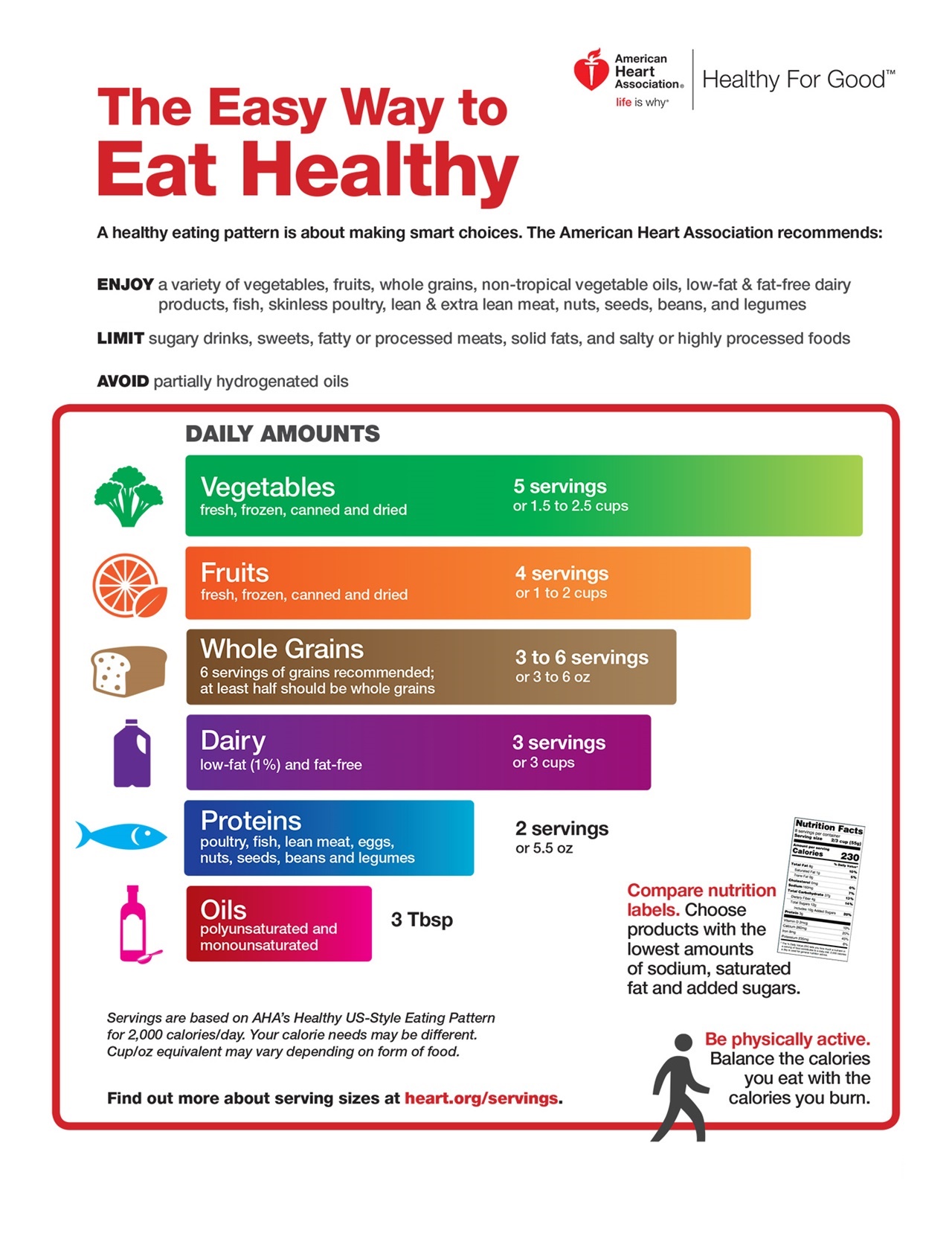
We already said that never skip breakfast for a healthy heart. Now this statement has been proved by The American Heart Association.
When you live a busy lifestyle, it can be hard to make time for breakfast, but new research suggests it could be very worthwhile indeed to ensure you load up on porridge before you start your day.
Perhaps it’s known as the ‘most important meal of the day’ for a reason. Because the one in four of us who regularly skip breakfast could be putting their heart at risk.
The American Heart Association released a statement suggesting the healthiest people are those who typically plan their meals ahead and eat them at regular, well-spaced intervals. These people are also more likely to eat a nutritious diet and consume less junk food.
Victoria Taylor, a dietitian at the British Heart Foundation said:
“In the UK our lifestyles have become more demanding and as a result our meal patterns have become more varied and irregular. Compared with 30 years ago, more meals are skipped or eaten on the go, and later in the day. This study shows that it’s not only what we eat but also when we eat it that affects our risk of heart disease.”
“What we eat is still important, but when we are rushed it can seem simpler to just grab what is available rather than seeking out a healthy choice. Taking a few minutes to plan ahead before you do your food shop will help to ensure that you eat regular meals and make nutritious choices throughout the week.”
Eating regular meals and limiting snacking has been linked to reduced heart disease and stroke risk factors, which include high blood pressure, cholesterol and blood sugar levels.
Heart experts in the US said people should try to restrict their eating to main meals and warned of the dangers of ’emotional’ eating. Although the scientists did not say when the exact best times to eat meals were, they stated a healthy breakfast should be high in fibre, calcium, potassium and vitamin D.
Professor Marie-Pierre St-Onge of Columbia University, who led the review panel, said:
“Meal timing may affect health due to its impact on the body’s internal clock. We suggest eating mindfully, by paying attention to planning both what you eat and when you eat meals and snacks, to combat emotional eating. Many people find that emotions can trigger eating episodes when they are not hungry, which often leads to eating too many calories from foods that have low nutritional value.”
Article originally shared by Natalie Healey
“Skipping breakfast may lead to one or more risk factors, including obesity, high blood pressure, high cholesterol and diabetes, which may in turn lead to a heart attack over time,” – Leah E. Cahill, Ph.D. (study lead author and Postdoctoral Research Fellow in the Department of Nutrition at Harvard School of Public Health in Boston)
But it could be a bit challenging for a man to stop by and smell a good breakfast and a coffee. But we have some really good idea for your breakfast on the go. All you need is to stock up few things from the grocery store. We bet, you will have a healthy morning habit of eating breakfast.
Here we have 6 tasty and heart healthy breakfast ideas that takes just 10 minutes to prepare. You can eat these at home or on the go.






Ensure your family starts each day with a heart-healthy breakfast! #IAmHeartHealthy
“Just like the name implies, a silent heart attack is a heart attack that has either no symptoms or minimal symptoms or unrecognized symptoms, but it is like any other heart attack where blood flow to a section of the heart is temporarily blocked and can cause scarring and damage to the heart muscle.” – Deborah Ekery, M.D., Heart Hospital of Austin, TX
A silent heart attack can be dangerous too. Because it often leaves scarring and damage to the heart, it puts the person at greater risk of other heart problems.
You Could Be Having a Silent Heart Attack!
You might have seen those scenes in movies or serials where the actor presses his chest in pain to show a heart attack. But heart attacks like that are just part of the story. Here’re 7 signs of silent heart attack. (If you experience any of the following, see a cardiologist.)







Fats. The word has earned a bad name in the health and diet world. But the fact is that not every fat is bad for your health and cardiovascular systems. Many foods contain ‘healthy fats’ which are actually essential for your body and heart for a good metabolism.
Greg Cornthwaite, nutritional expert at London’s Embody Fitness, outlines these five fatty foods.
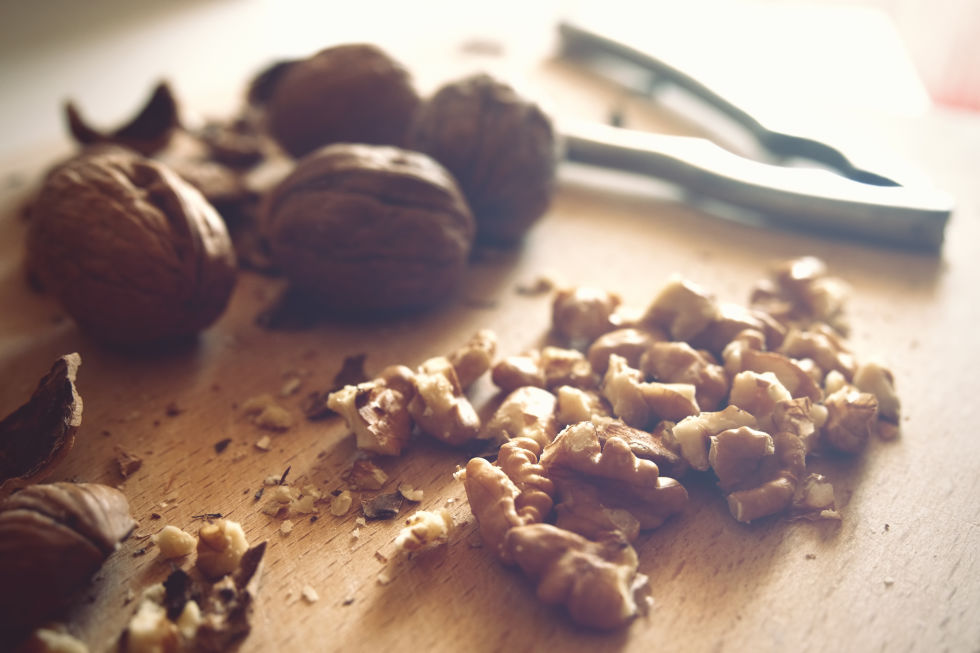
“One-quarter cup of walnuts can provide more than 100% of the daily recommended value of omega-3 fats” – Greg
It reduces the risk of prostrate cancer and breast cancer and contain an amino acid which offers major benefits to people with heart disease.

“Coconut has been shown to speed up your metabolism and provides a good source of energy” – Greg
We all think that coconut oil is bad for health. But what’s interesting about the coconut is that it also boosts the good cholesterol (HDL).
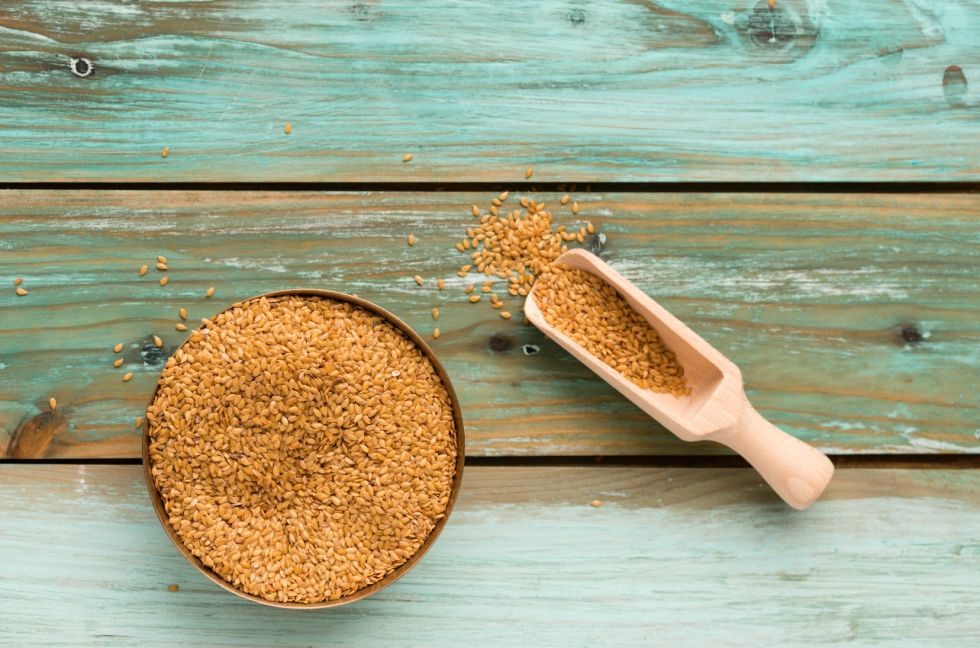
“Good for your heart, contain antioxidant qualities, are high in fibre and also a rich source in vitamin B1.” – Greg

“Lowers cholesterol and has been shown to decreases risk of heart disease. It is also one of our weight loss secret weapons, as incorporating this into your diet leads to longer-lasting weight loss results than a low fat diet” – Greg
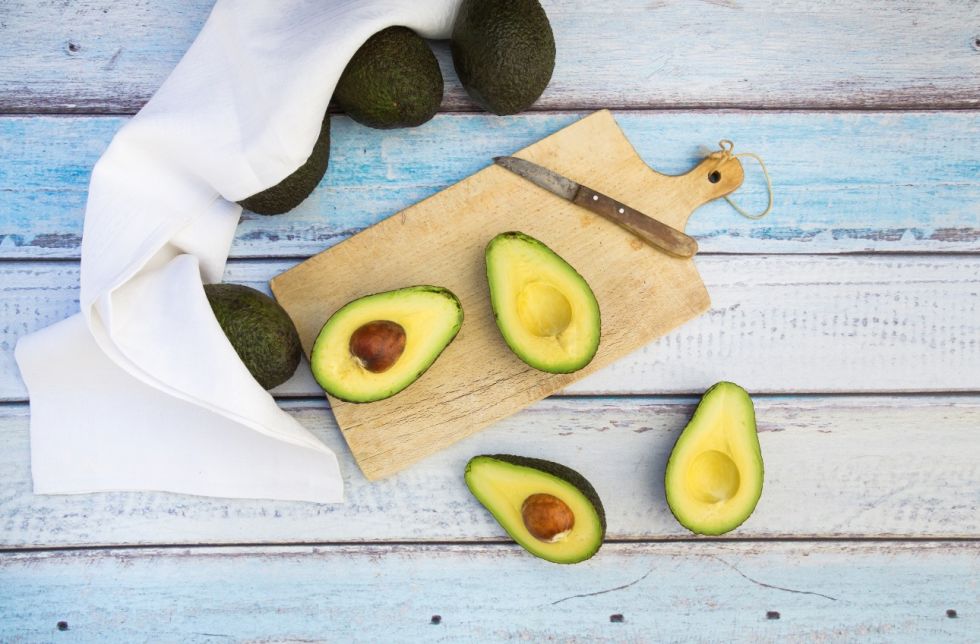
“Avocadoes are loaded with potassium and packed with heart-healthy fatty acids.” – Greg
Avocados are so rich in fibre and they help lower cholesterol levels.
Whatever your age is, it’s never too late to care for your heart and cardiovascular systems. However studies have proved that consuming Ashwagandha, otherwise known as Indian Winter Cherry, can help in improving blood circulation reducing the risk of heart attack and other cardiovascular diseases.
Here are four key factors for consuming ashwagandha:
Studies have found that on consuming ashwagandha daily can reduce upto 10% bad cholesterol.
Ashwagandha relaxes blood vessels and improves blood circulation. Studies also found that it improves blood flow and blood volume.
This is one of the most advantageous factor about ashwagandha. Stress and anxiety creates a significantly negative impact on heart. So this is quite important here.
It produces strong antioxidant effect that stops the lipid peroxidation, which is a major reason in humans for atherosclerosis, leading to several heart diseases.
So consume ashwagandha and keep your heart healthy and your mind happy! #IAmHeartHealthy
Recent Comments